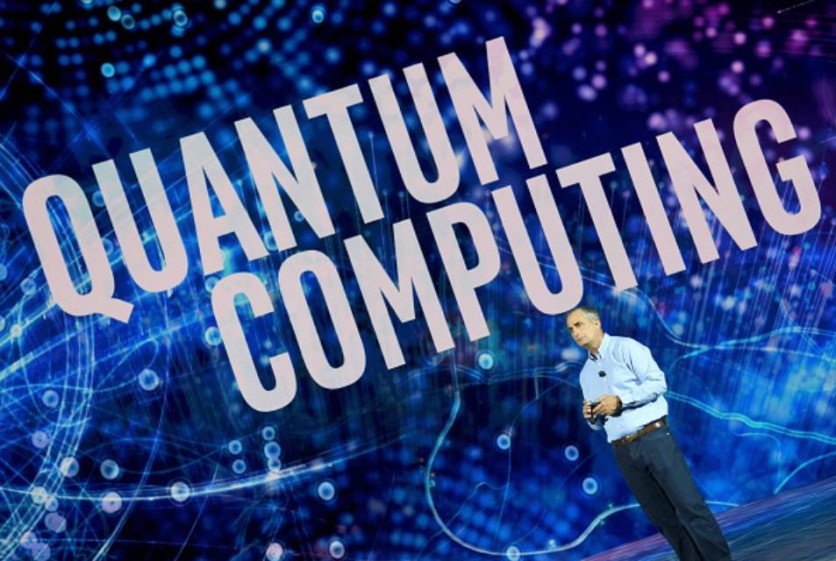Quantum computing just made a new major headline in the tech world lately. In a report by California News Times, it has been revealed that a team of physicists from Harvard University and other institutions managed to develop a special quantum computer. This machine is powerful enough to help with a host of complex calculations in areas such as material science, communications tech, and even finance.

But for the normal person, the term "quantum computing" likely doesn't even mean anything. To them, it's something that only super-smart scientists mess with and is not a major concern of theirs at all.
In reality, quantum computing affects the entire world a lot more than you realize. And in this article, you'll learn more about this area of technology that not a lot of folks are familiar with, but is extremely important to how modern society functions as a whole, nonetheless.
Quantum Computing in the Simplest Terms Possible
Think of quantum computers as the "next step up" from classic computers. The latter is what you're familiar with. They're the gaming PCs, office PCs, game consoles, smartphones, and even uber-powerful supercomputers that you know of.
According to Forbes, the problem with classic computers is that they're basically calculators that use ones and zeros to make sense of the information we put in them. This level of tech means a typical computer can mostly focus on only one thing at a time. It takes them a long time to do so, no matter how fast they're considered.
Any problem that takes a really long time and more processing power than a classic computer can provide is called a "retractable problem." And that's where quantum computing comes in: the so-called "next level."
Read also : IBM Quantum Computers: Research Shows First Proofs About Advantages, Says it Offers More Value
There Are Problems Not Even A Supercomputer Can Deal With
You've read about supercomputers and how powerful they are, right? Case in point, there is one supercomputer called Perlmutter that's strong enough to use an artificial intelligence program to map the entirety of the observable universe.
Considering how the observable universe has a radius of over 46.5 billion light-years (i.e. light, the fastest thing in the universe, would take 46.5 billion years to travel from its center to its edge), Perlmutter's computational capability to map all of that is just insane. It's far beyond what a normal desktop computer can do.
But then again, a supercomputer's processing power is still no match for that of a quantum computer. According to IBM, quantum computing deals with incomprehensible amounts of information all at the same time. Despite having tons of hardware processing power at its disposal, a supercomputer can still only deal with a computational problem one after the other. And in modern technological terms, that can take a really long time.
Unlimited Power
That famous Emperor Palpatine quote from "Star Wars" makes a lot of sense when using it to describe a quantum computer. That's because these machines are capable of incomprehensible levels of processing power that not one, two, or even three supercomputers can match.

One recent news article revealed that a certain quantum computing machine from China claims to be the fastest of its kind in the world. According to its developers, the computer can even outpace Google's own Sycamore quantum machine at 66 qubits of theoretical computing performance (Google only clocks 53 qubits).
Sycamore, however, is no pushover of its own. When it launched two years ago, Google showed it completing a certain task a normal supercomputer would need 10,000 years to process in just over 3 minutes.
Quite simply, quantum computing is what powers the modern world. And without it, society might as well be still stuck in the 1800s.
This article is owned by Tech Times
Written by RJ Pierce
ⓒ 2026 TECHTIMES.com All rights reserved. Do not reproduce without permission.




